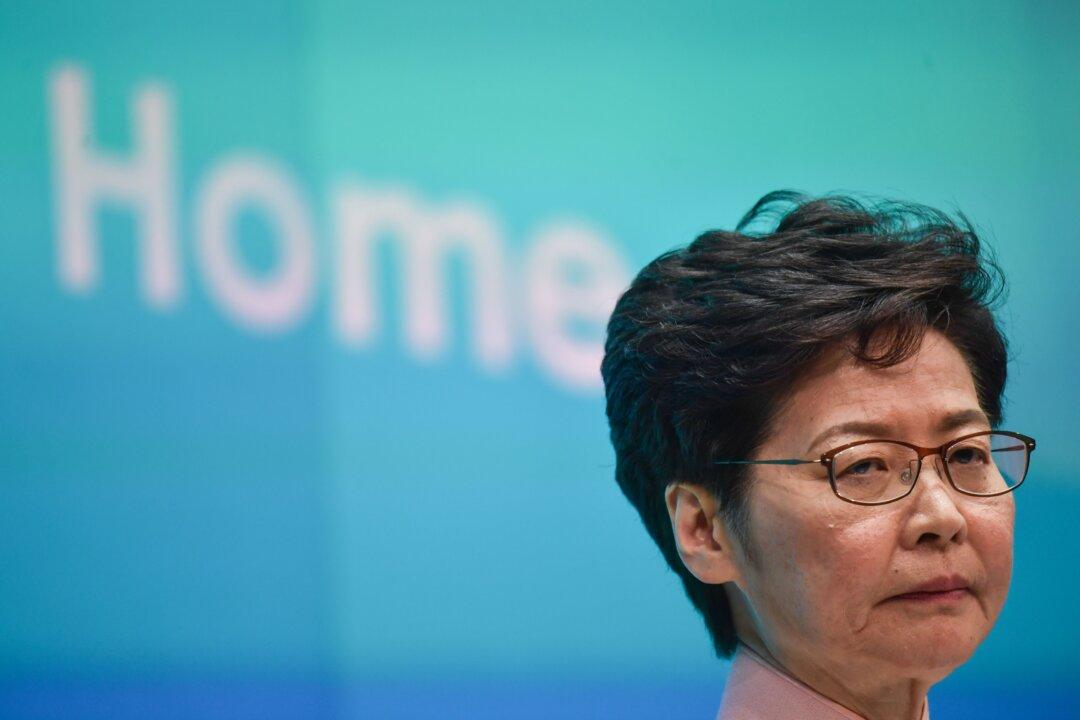After the Financial Times ran a story about Beijing’s plans to replace Hong Kong chief executive Carrie Lam, China’s Foreign Affairs Ministry vehemently denied the report, calling it “a political rumor.”
Meanwhile, the Hong Kong government has refused to publicly comment on the topic, leading many Hongkongers to believe Beijing is indeed planning to let go of Lam.





